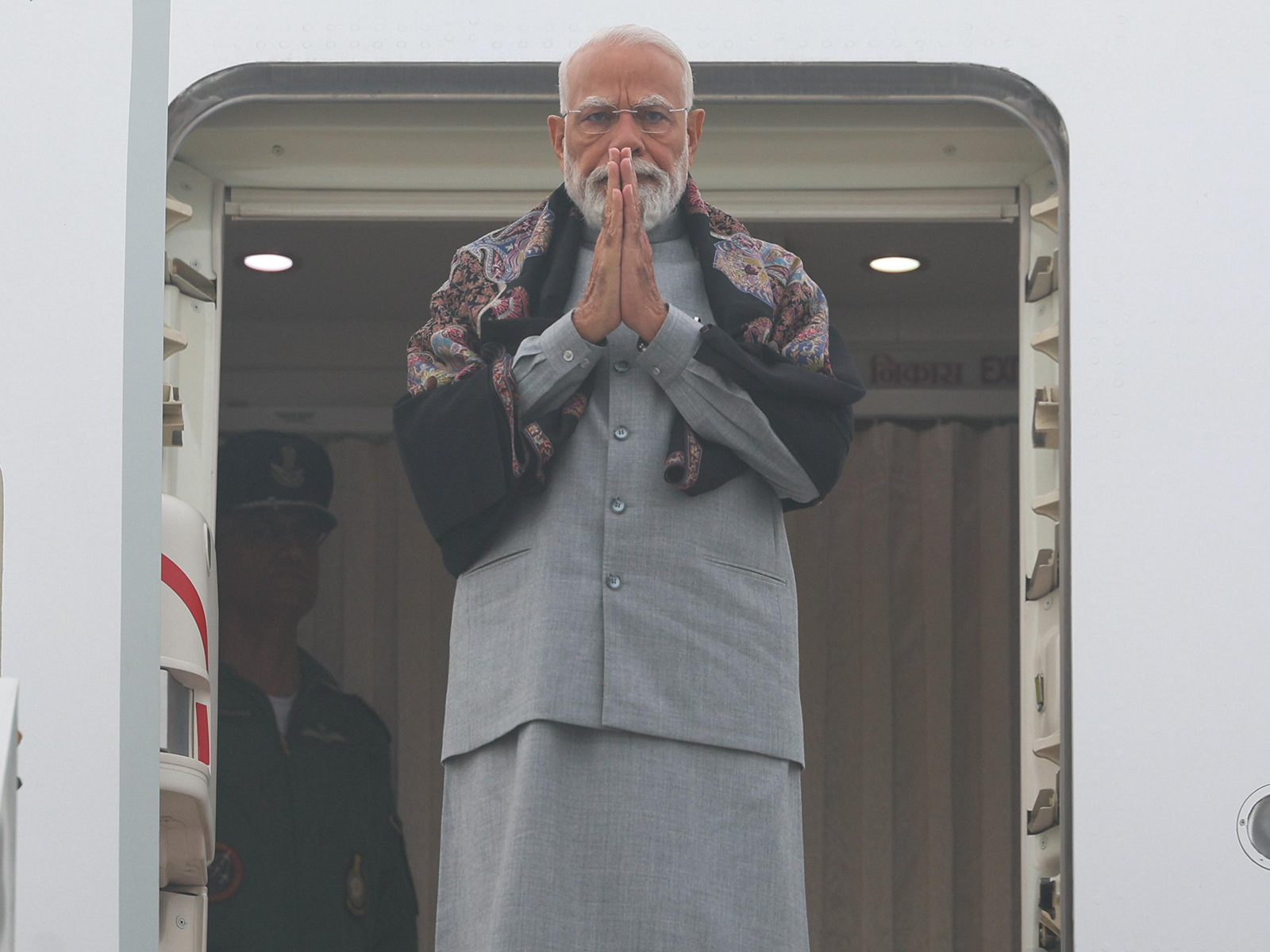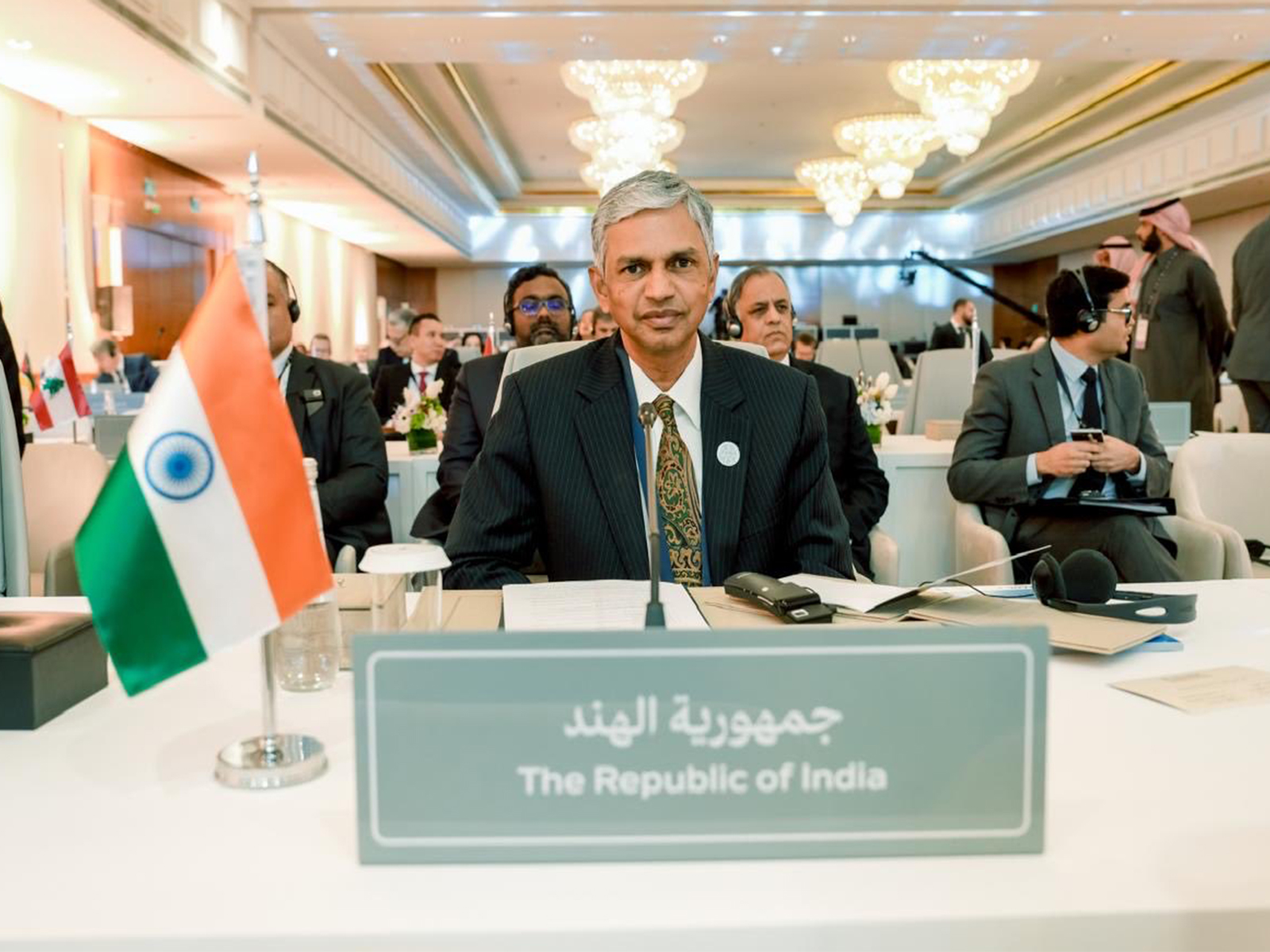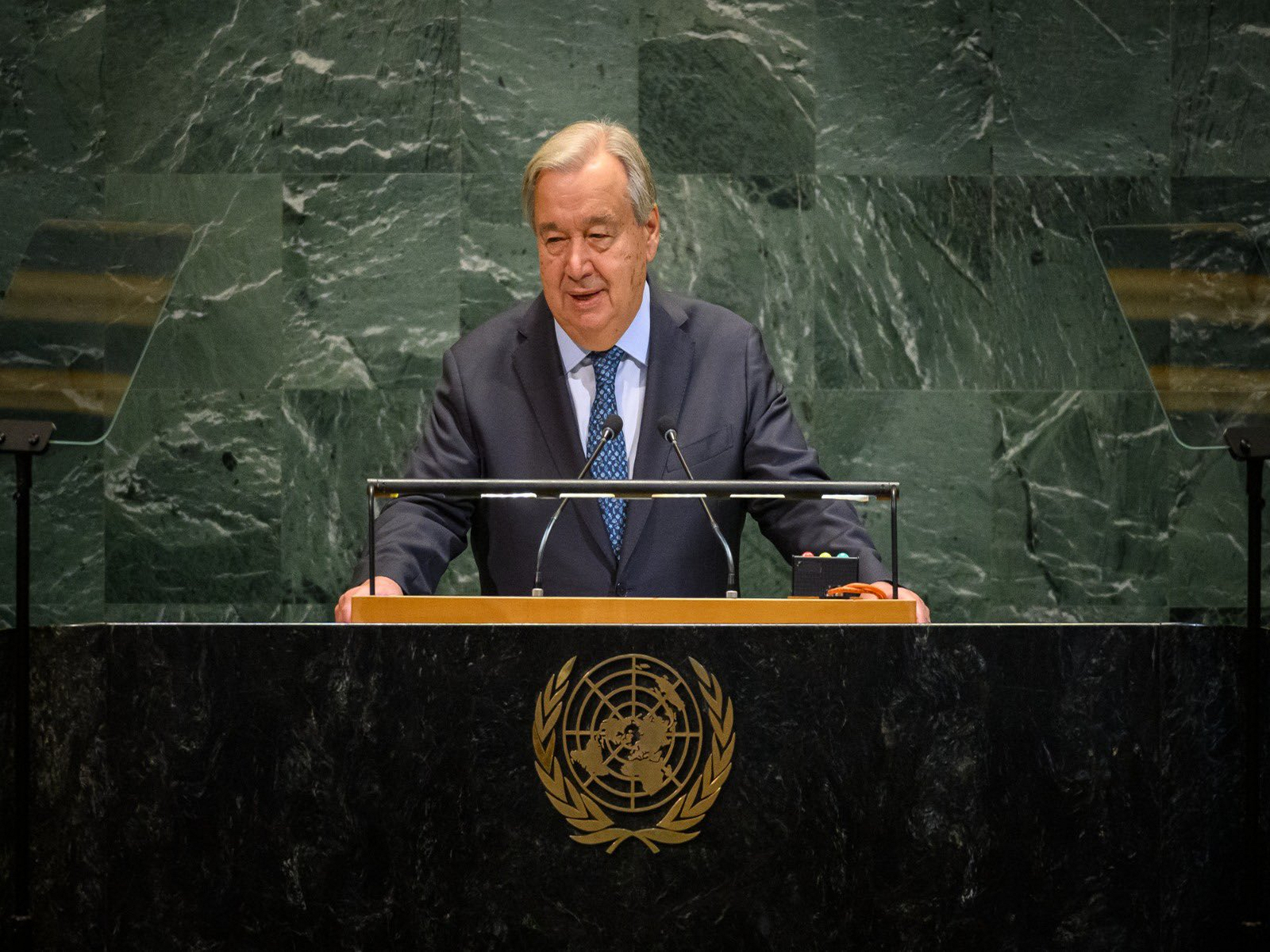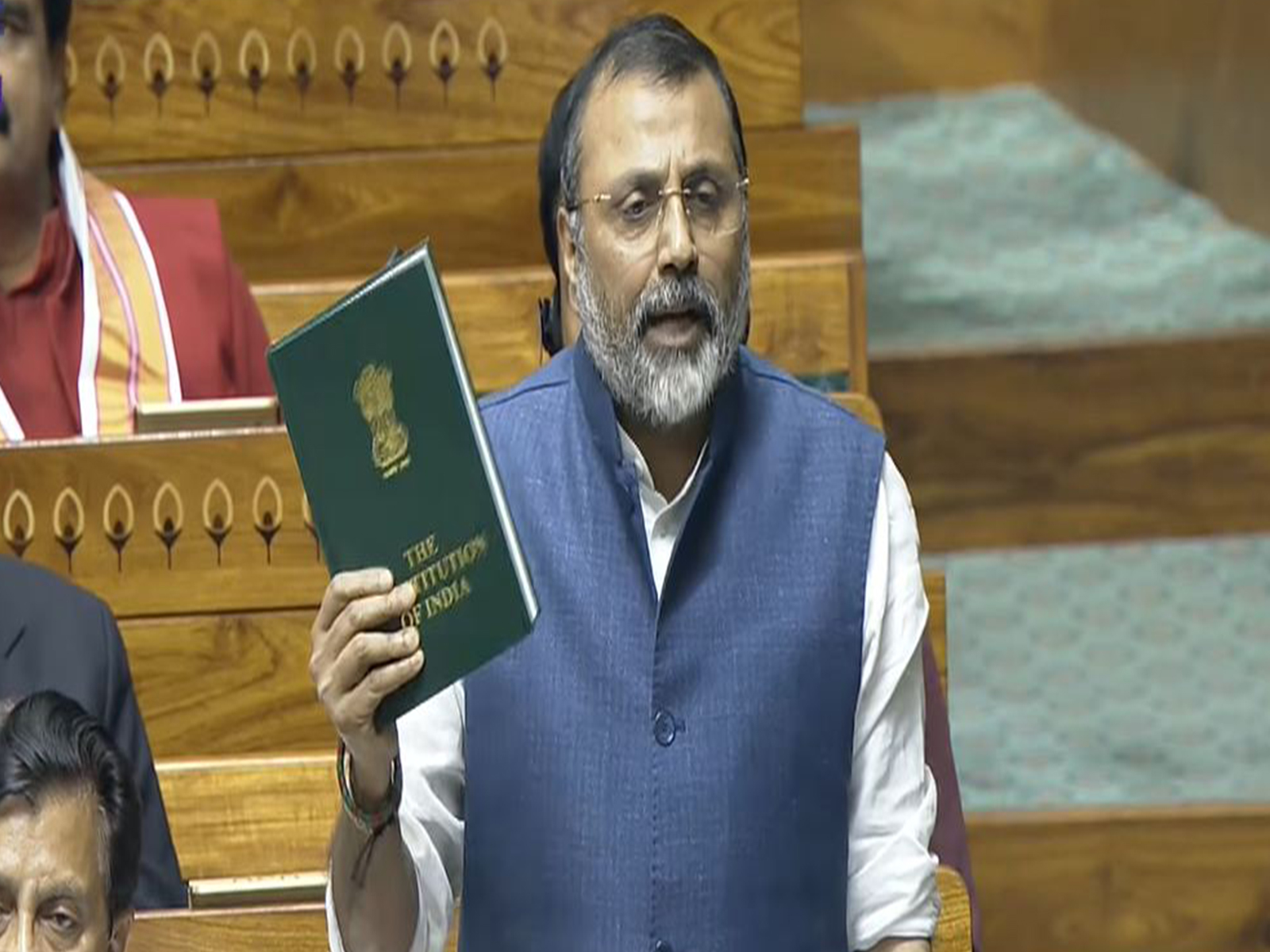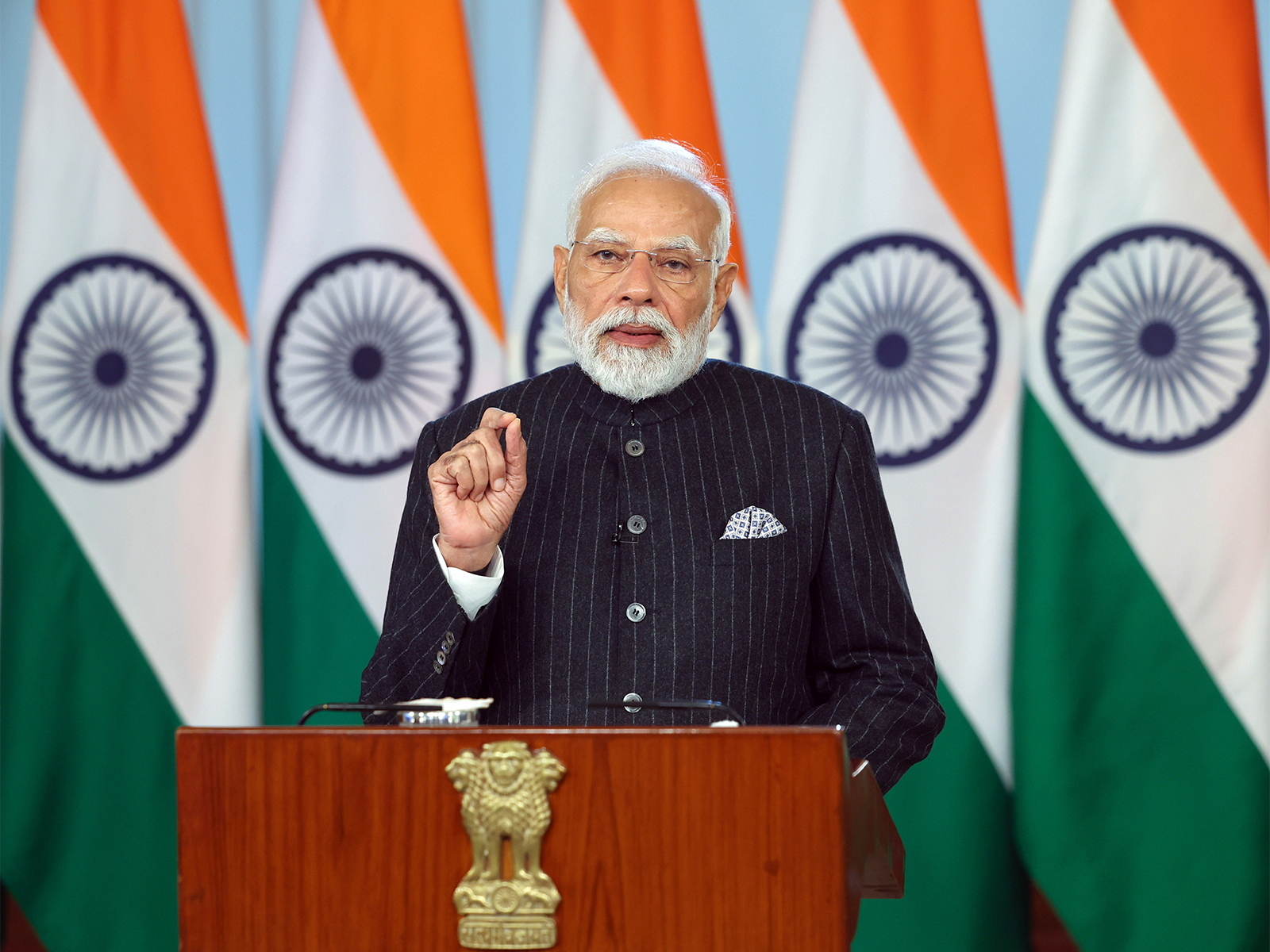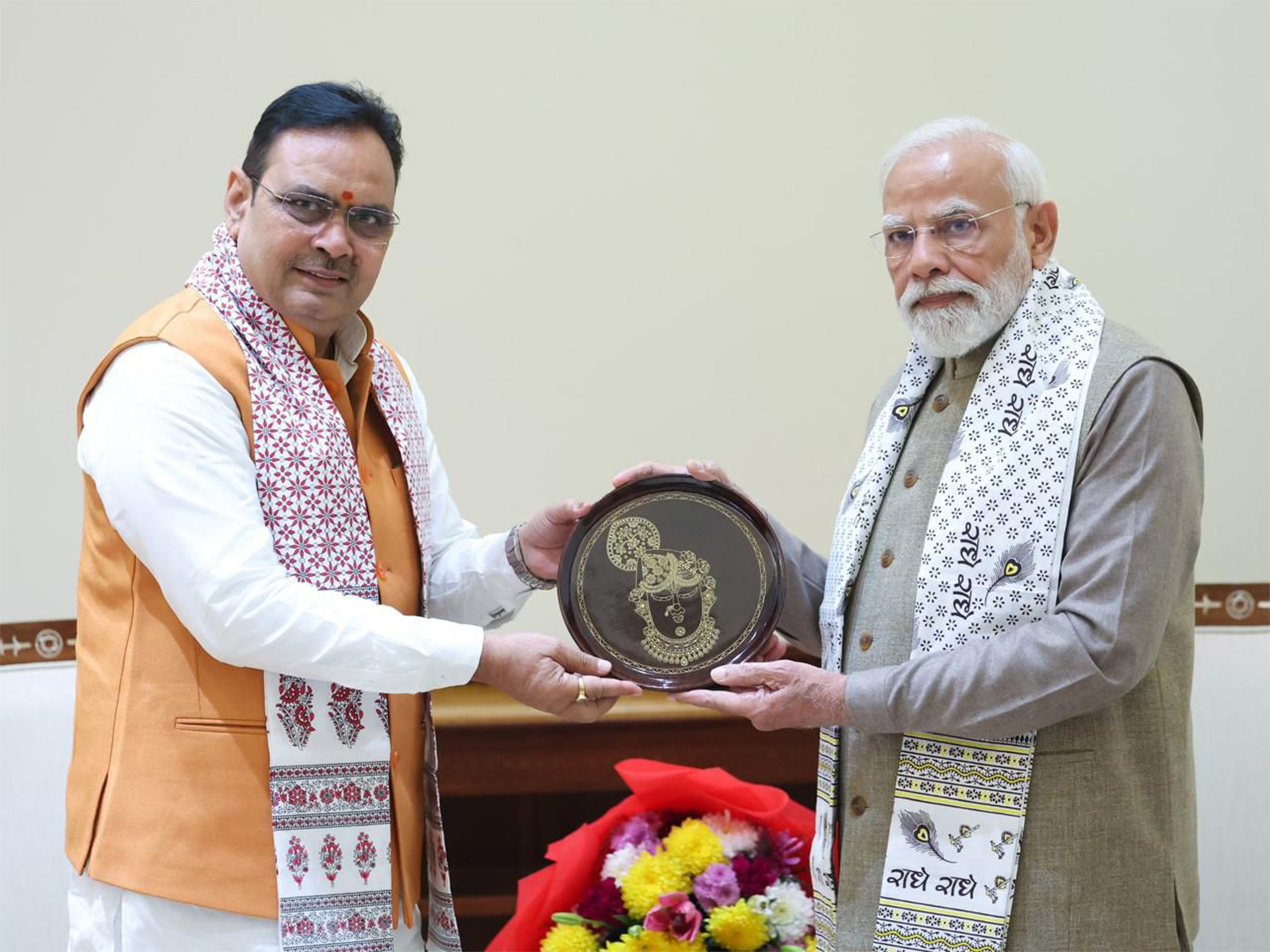WHO confirms COVID-19 variant B.1.617 has three sub-lineages
May 12, 2021

Geneva [Switzerland], May 12 : COVID-19 variant B.1.617, which was first identified in India last year and has been classified as a variant of global concern, has three sub-lineages, a senior World Health Organization (WHO) official informed on Wednesday.
"Our team has been discussing with our virus evolution group. Everything we know about it in terms of transferability, studies that are being done, in India as well as in other countries where this virus is circulating. It is important to note that B.1.617 has three sub-lineages- .1, .2, .3," Dr Maria Van Kerkhove, Technical lead COVID-19 at WHO said while updating press about coronavirus variant B.1.617.
Regarding the transferability of B.1.617 - 'variant of concern', Kerkhove said, "In consultation with our virus evolution working group and our teams, there is some information about increased transferability of B.1.617. There is a pre-print that is out, this is a paper that has not undergone preview and has limited number of patients. So, guessing there is some reduced neutralisation, as such, we are classifying this a variant of concern at the global level."
Kerkhove also informed that much less study has been done regarding B.1.617 variant.
"We don't have anything to suggest, diagnostic, therapeutic don't work. This is important, what we do, even though there is increased transferability demonstrated by some preliminary study, we need much more information on this variant."
"We need more targeted sequencing, to be done and shared in India, elsewhere so we know how much of this virus is circulating. We need more information on epidemiological studies that are underway, these studies which are evaluating neutralisation severity from the information that we have. We will continue to see variants emerge, variants of concern around the world and we must do everything we can to really limit the spread," added the Technical lead COVID-19 at WHO.
Earlier, WHO clarified that it does not identify viruses or variants with names of countries they are first reported from. The UN health body urged all to refer to the variants by their scientific names.
"WHO does not identify viruses or variants with names of countries they are first reported from. We refer to them by their scientific names and request all to do the same for consistency," tweeted WHO South-East Asia.
The WHO's clarification comes after the Indian government said the WHO has not associated the term "Indian Variant" with the B.1.617 variant, which was first found in India, in its weekly epidemiological update on the pandemic.
